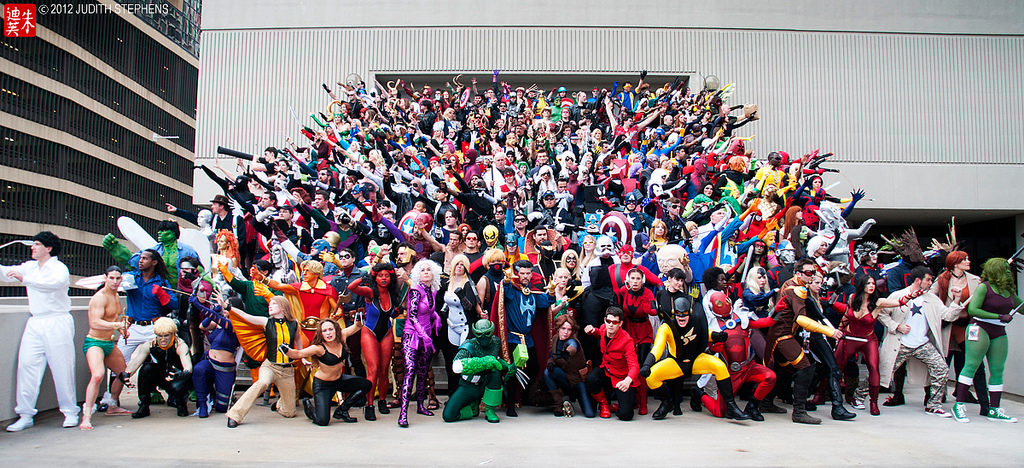Who Vs. What
The debate over which is more important, character or plot, is hardly fresh territory. It is a highly subjective topic and everyone has valid reasons for why they support this or that side of the argument. Even this website has hosted discussions on this issue, but since it is such a critical topic, I figured I’d jump into the ring as well.
First things first: I’m a plot guy. If you’ve read any of my books, it’s easy to notice that I’m all about the action and moving the story forward. I don’t lovingly craft each character and make special effort to flesh them out to their fullest humanity. I try not to peddle one-dimensional characters of course, and I’m sure I succeed at times and fail at others, but when I write, I’m always thinking, “What happens next?” not “How can I reveal another facet of their character?” or “Who are they, really?” I view characters as the gears that drive the plot forward, which is probably why so few of them get out alive.
There is undoubtedly a cyclical and symbiotic relationship between character and plot. Who the character is determines what will happen in the story, and the events of the story shape who the character is, etc. They are both cogs that turn each other. From a writing craft perspective, this can be a very existential and convoluted discussion, so let’s take it to street level.
For the fans, the answer is simple: character wins. Fans create cosplays and draw fan art and even write fan fiction based on their love of specific characters. This adoration is exceptionally strong in the speculative fiction genres (I haven’t seen any pictures of Alex Cross or Jack Reacher cosplayers). The characters of Firefly, Star Trek, Star Wars, Lord of the Rings, Game of Thrones, and numerous other franchises are beloved even more than real people. Having a movie or TV series helps, but even characters that exist only on the page are cherished by fans the world over. These fans love a good story, of course, but what they really want is to see their favorite hero or heroine shine in the face of danger and brave exciting adventures. In some respect, it doesn’t matter what the characters are doing as long as it is the characters that are doing it.
Personally, I’ve never been so wrapped up in any character. I was never really into superheroes growing up, and while I loved my Transformers and G.I. Joes when I was a kid, they were always just toys and cartoons. There was one literary character, however, who seemed as real as any real person to me: Sherlock Holmes. I devoured every single story Doyle wrote about him. I knew he’d always get his man in the end, but I was fascinated about how he’d reach that destination. Holmes the man was more interesting than the mysteries he encountered, but it was those mysteries that illuminated his fascination character and personality.
Like all things in life, balance is the ideal, and I have yet to encounter a work of fiction that better balances plot and characters as The Lord of the Rings. The characters are complex, three-dimensional beings with different motivations, flaws, strengths, and worldviews. Yet the urgency and undeniability of the plot is almost a character in itself. I never got the feeling that Tolkein was so in love with his characters that he crafted a story around them simply to give them a backdrop to dance and twirl and show everyone how well-built they were. The characters never seemed above the story, which is the tendency of so many writers who construct franchises around their beloved characters to answer the question, “How are they going to succeed this time?” In The Lord of the Rings, the final outcome was satisfying yet still unexpected, and even the strong characters were swept along by events far greater than they were.
Times and tastes have changed. Bookshelves today are packed with the tenth or eleventh book in a long-exhausted franchise because the readers, and often the writer, love their characters too much. Simply put, if you are an author who wants commercial success, create a remarkable character and give them a playground in which to frolic as the fans watch and cheer. If you go for gripping plot and have no hesitation about sacrificing characters that readers may end up getting attached to, you’ll give them a satisfying few hours but the impression will fade quickly. If you can do both, you just might have the next classic on your hands.






































